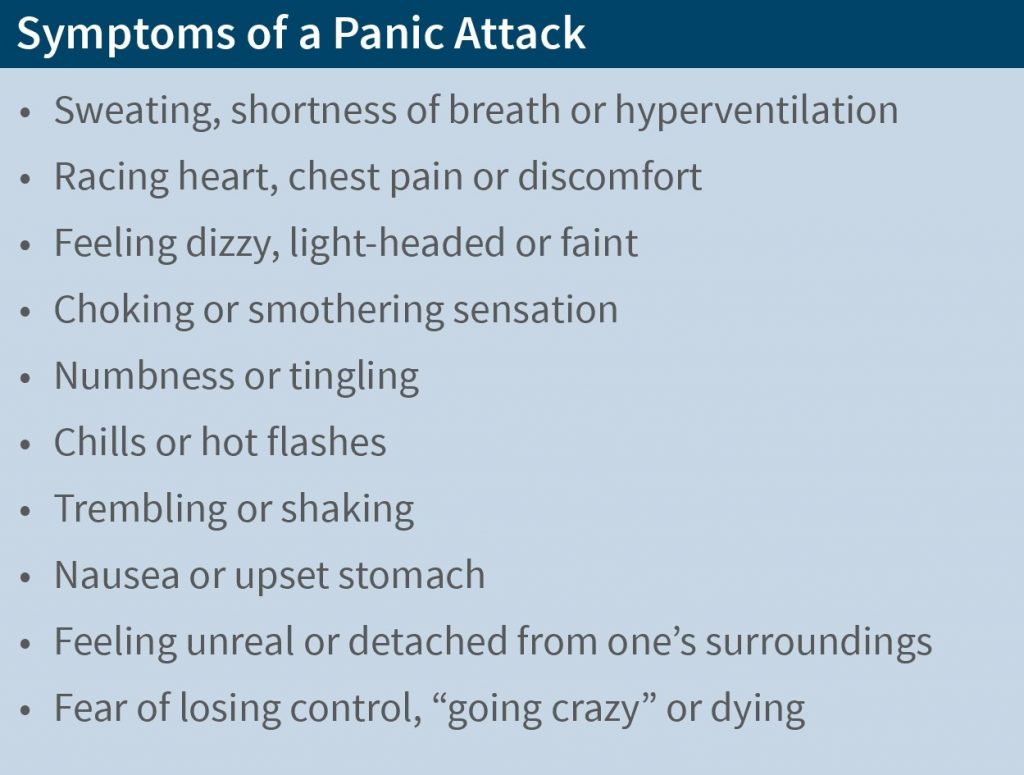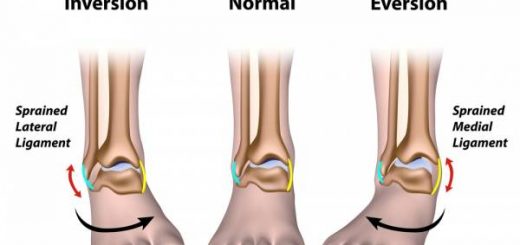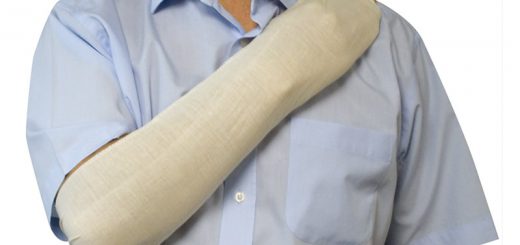How to Help Someone Who is Having a Panic Attack
More than one in five people are known to experience panic attacks during their lives.
In America alone, more than six million adults have panic disorder which leads to them experiencing episodes of strong anxiety and distress on a repeated basis. People without this order too may be faced with panic attacks.
At times, it may be difficult for someone to understand if the person next to them is experiencing a panic attack and for this reason, treatment may not be provided to them in the correct way. It is important for people to understand how to recognise panic attack and here are a few tips that can help you in that matter.
How to Know if Someone is Having a Panic Attack?
It is important for you to know that the symptoms of a panic attack are quite similar to those of a heart attack. It is difficult for a normal individual to distinguish between these two and hence, if the person you are trying to help does not have a history of experiencing an episode of a panic attack or two, or does not feel that he is facing one now – the best thing to do would be to call for medical help.
Call 911 without any delays. If the symptoms faced worsen, try to check for the person’s pulse and breathing. Apply basic first aid procedures you may know of before medical help arrives.
Symptoms of a Panic Attack
- Sweating and Shaking in an uncontrollable manner
- Extreme numbness, dizziness or light-headedness
- Chest pain and heart palpitations
- Shortness of breath
- Great distress in the abdomen
- Chills or flashes
- Nausea
- The fear of dying or going crazy

How to Help Someone Who is Having a Panic Attack
If someone you know is being faced by a panic attack, here are a few things you can do to help them and ensure proper treatment:
- The first and foremost thing you should do is Calm the person down. Try reassuring the person that you are there to help and this attack will pass by in very little time. Try to encourage the person to breathe in a slow and even manner. Try to speak to them and help them get through the process. Ask them how they’ve previously dealt with panic attacks if they have faced any. If you feel that the symptoms being experienced are too many and causing you difficulty in calming them down, reach out to a health professional immediately.
- When meeting with the health care provider, explain to them the various symptoms the person underwent. Also, try to understand the panic attacks further and how you may be of help. Remember that, if the symptoms are incontrollable, it is best to seek treatment for these panic attacks through professional therapy provided by a mental health expert and medicines which your doctor may recommend to the person.
Always remember, before carrying out any sort of treatment make sure you have diagnosed the correct medical issue. Symptoms of medical problems usually end up overlapping so it is best to consult with a medical professional.






Calm the person down and try to speak with her
As their name and if have children focus on them or an place wonderful like paradise vacation.
excellent